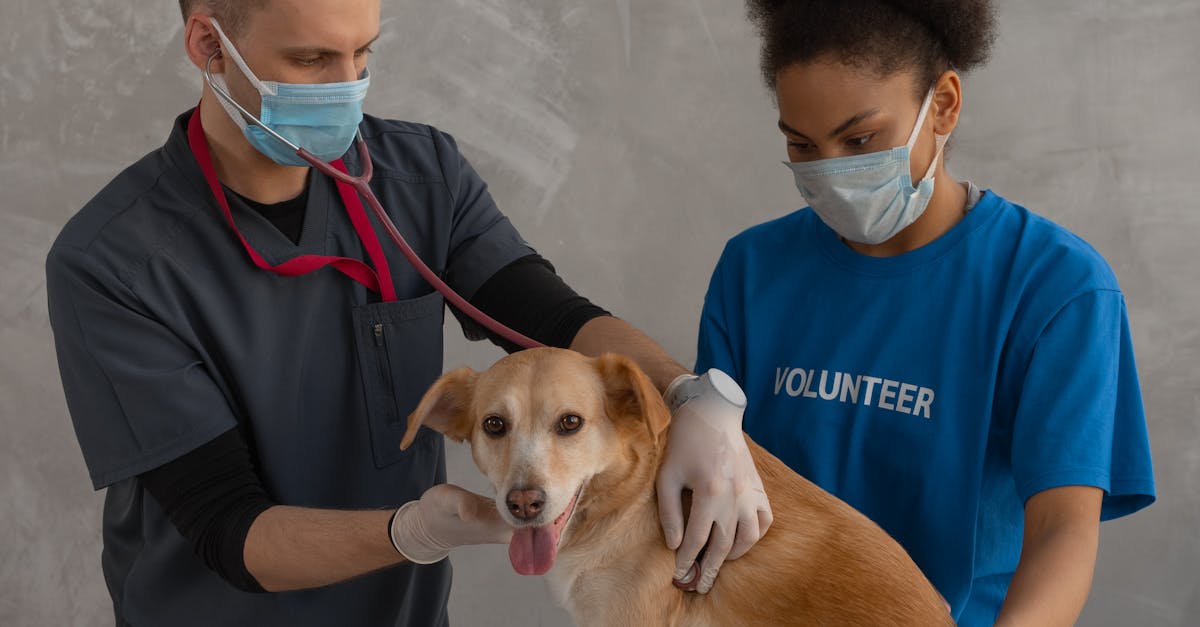Introduction: The Importance of Pet Dental Health
When it comes to pet care, dental health is often overlooked. However, it’s worth mentioning that maintaining your pet’s oral hygiene is as crucial as their overall health. Dental diseases can lead to severe consequences, including heart, liver, and kidney problems. The other day, I came across some fascinating new developments in pet dental care products that can revolutionize how we take care of our furry friends’ teeth. If you ask me, staying updated on these innovations is essential for every pet owner.
Cutting-Edge Dental Care Products: A Game Changer
Advanced Toothbrushes and Toothpaste
It’s interesting how technology has infiltrated even the pet care industry. Modern toothbrushes and toothpaste are designed to make the brushing process more effective and less stressful for pets. Picture this: toothbrushes with ergonomic designs, soft bristles, and even dual-heads to clean multiple surfaces simultaneously.
- Ergonomic Designs: These toothbrushes are designed to fit comfortably in your hand, making it easier to maneuver in your pet’s mouth.
- Soft Bristles: Gentle on gums but tough on plaque, these bristles can remove debris without causing discomfort.
- Dual-Head Toothbrushes: Clean both sides of the teeth at once, reducing the time and stress involved.
On that note, toothpaste has also seen significant improvements. Many brands now offer enzymatic toothpaste that breaks down plaque and tartar more effectively. Some even come in flavors like chicken or beef, making the experience more enjoyable for your pet.
Dental Chews and Treats
You might find this helpful: dental chews and treats are not just tasty rewards but also functional tools for maintaining oral health. What’s fascinating is that these products are designed to reduce plaque and tartar buildup while freshening breath.
- Textured Chews: These have ridges and nubs that scrape off plaque as your pet chews.
- Natural Ingredients: Many dental treats now use natural ingredients to promote oral health, avoiding artificial additives.
- Calorie Control: Some treats are formulated to be low in calories, ensuring your pet doesn’t gain unnecessary weight.
Water Additives and Oral Sprays
If brushing your pet’s teeth seems like a Herculean task, water additives and oral sprays are excellent alternatives. I’ve often wondered how effective these products are, and it turns out they can be quite beneficial.
- Water Additives: These are mixed with your pet’s drinking water and contain ingredients that help break down plaque and tartar.
- Oral Sprays: Sprayed directly into your pet’s mouth, these products can freshen breath and reduce bacterial growth.
It’s safe to say that these innovations make dental care more accessible and less stressful for both pets and their owners.
The Science Behind Dental Health: A Little-Known Fact
Understanding Plaque and Tartar
You might have experienced this: noticing a yellowish-brown buildup on your pet’s teeth. This is tartar, a hardened form of plaque. Plaque is a sticky film of bacteria that forms on teeth after eating. If not removed, it hardens into tartar, which can lead to gum disease and other health issues.
The Role of Enzymes
Here’s a thought: enzymes are biological molecules that speed up chemical reactions. In dental care, enzymatic toothpaste contains enzymes that break down plaque, making it easier to remove. This might sound strange, but these enzymes are usually derived from natural sources like milk proteins.
The Impact of Diet
I’ve come to realize that diet plays a significant role in dental health. Foods high in sugar and carbs can contribute to plaque buildup. On the flip side, a diet rich in raw meats and bones can naturally clean teeth. It’s common knowledge that what we feed our pets can directly impact their oral health.
Real-Life Success Stories: You Won’t Believe These Transformations
A Tale of Two Dogs
Let me tell you about Max and Bella, two dogs with vastly different dental health journeys. Max, a seven-year-old Labrador, had severe tartar buildup and bad breath. His owner, Sarah, struggled with brushing his teeth and was at her wit’s end. Then she discovered enzymatic toothpaste and dental chews.
On the other hand, Bella, a three-year-old Beagle, had relatively clean teeth but started showing signs of gum disease. Her owner, Mike, opted for water additives and oral sprays.
The Results
After a month of consistent use, the results were astonishing. Max’s tartar had significantly reduced, and his breath was much fresher. Sarah was thrilled and relieved that she found a solution that worked. Bella’s gum disease symptoms improved, and her overall dental health was better than ever. Mike couldn’t believe the transformation and now swears by these products.
Expert Recommendations: What Veterinarians Suggest
Regular Check-Ups
Veterinarians emphasize the importance of regular dental check-ups. It’s clear that professional cleanings can catch issues before they become severe. During these visits, vets can also recommend specific products tailored to your pet’s needs.
Daily Dental Care
It’s interesting how daily dental care can make a significant difference. Vets recommend brushing your pet’s teeth daily if possible. If that’s not feasible, using dental chews, water additives, or oral sprays can be effective alternatives.
Balanced Diet
A balanced diet is crucial for maintaining oral health. Foods that are high in quality and low in artificial additives can help keep your pet’s teeth clean. Some vets even recommend raw diets, which can naturally clean teeth as pets chew.
Taking the Next Step: How to Implement These Innovations
Start with a Plan
If you’re new to pet dental care, start with a plan. Assess your pet’s current dental health and consult your vet for recommendations. Create a routine that includes brushing, dental chews, or water additives.
Invest in Quality Products
Investing in quality products is essential. Look for reputable brands that use natural ingredients and have positive reviews. You’d be surprised at how much difference a good product can make.
Monitor Progress
Regularly monitor your pet’s dental health. Keep an eye out for signs of tartar buildup, bad breath, or gum disease. If you notice any issues, consult your vet immediately.
Stay Informed
Stay informed about new developments in pet dental care. The industry is constantly evolving, and new products are continually being introduced. Subscribe to newsletters, follow veterinary blogs, and join pet care forums to stay updated.
Wrapping Up: The Future of Pet Dental Care
The future of pet dental care looks promising. With continuous advancements in technology and a growing awareness of the importance of oral health, it’s safe to say that our pets are in good hands. If you ask me, investing time and effort into your pet’s dental care is one of the best things you can do for their overall well-being.
In conclusion, the innovations in pet dental care products are not just trends but essential tools for maintaining your pet’s health. From advanced toothbrushes and toothpaste to dental chews and water additives, there are numerous options available. By staying informed and proactive, you can ensure that your furry friend enjoys a healthy, happy life.
So, what’s your next step? Start today by assessing your pet’s dental health and exploring these new products. Your pet will thank you with a bright smile and a wagging tail! 🐶🐱
For more information on pet dental care, check out American Veterinary Medical Association or consult your local veterinarian.










